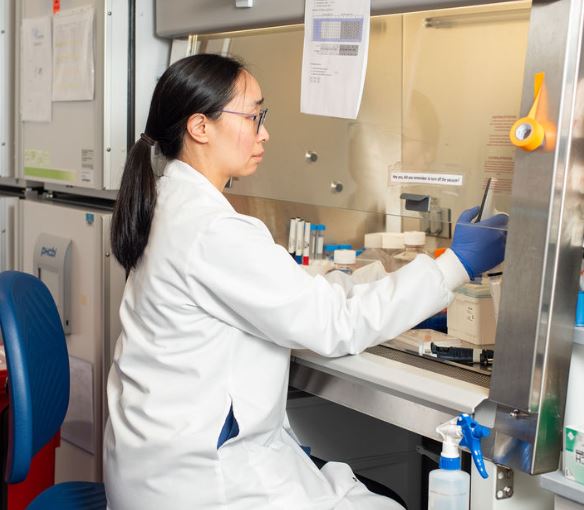
Glioma
THERAPEUTIC AREAS
Adult-type diffuse glioma is a cancer that arises from certain types of brain cells
Astrocytoma, oligodendroglioma, and glioblastoma are all different types of gliomas, and all can hinder normal brain function and cause various symptoms.

IDH Mutation
Genetic mutations have an impact on the glioma classification and potential prognosis. Testing for an IDH mutation in all patients with glioma is essential based on the current guidelines. Mutated IDH gliomas account for about 20% of adult-type diffuse glioma. Each year, 2,400 people are diagnosed with mIDH glioma in the U.S. alone.
Identifying mutations helps precisely classify gliomas and guide patient care plans based on potential outcomes.

Symptoms and Treatment
Common symptoms of glioma can vary from patient to patient and can be affected by tumor type and location. Both before and after a glioma diagnosis, patients may experience:
The size and location of tumors will have an impact on whether the tumor can be removed and how much of it can be removed. If a tumor cannot be removed entirely, a small sample can be removed to be analyzed and tested for mutations. Outside of total resection, other treatment options include radiation therapy, chemotherapy, observation period (watch and wait), or a combination of these treatments.
Through molecular testing and research, the treatment paradigm continues to evolve as the glioma community shifts towards more targeted therapies and personalized care.
It is important for patients to discuss their risk group, mutational testing and different therapeutic options with their healthcare team to help them make informed decisions for their personal cancer journey.